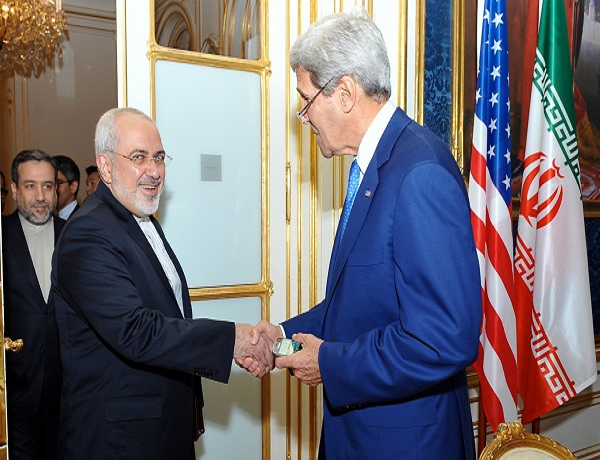After Khamenei: Will US policy towards Tehran succeed in backing Iran's pro-change reformists?
The United States seeks to improve its relations with Iran, particularly after the reign of Supreme Leader Ali Khamenei is over, and therefore, is working towards enhancing the positions and gains of what it calls "reformists" including President Hassan Rouhani. This is of particular importance because the February elections of the Assembly of Experts, the country's top body of clerics, will most likely determine who the country’s next supreme leader is. This may explain, in part, why Washington was in a hurry to lift the sanctions imposed on Iran as the current administration believes that this would enforce a positive impact on the chances of the moderates winning the forthcoming elections. However, this position by the US faces many obstacles due to the difficult domestic balances of power in Iran, and the internal and external pressures on the administration of President Barack Obama.


